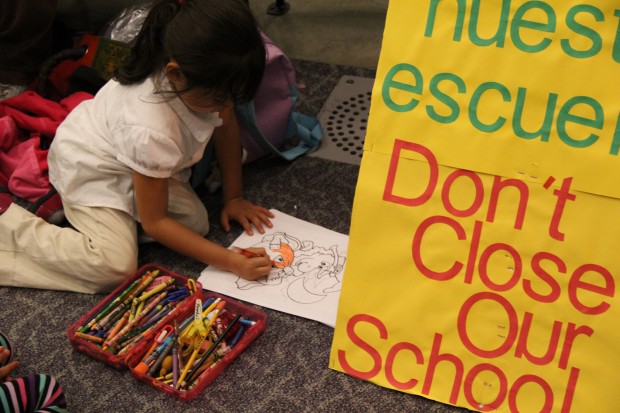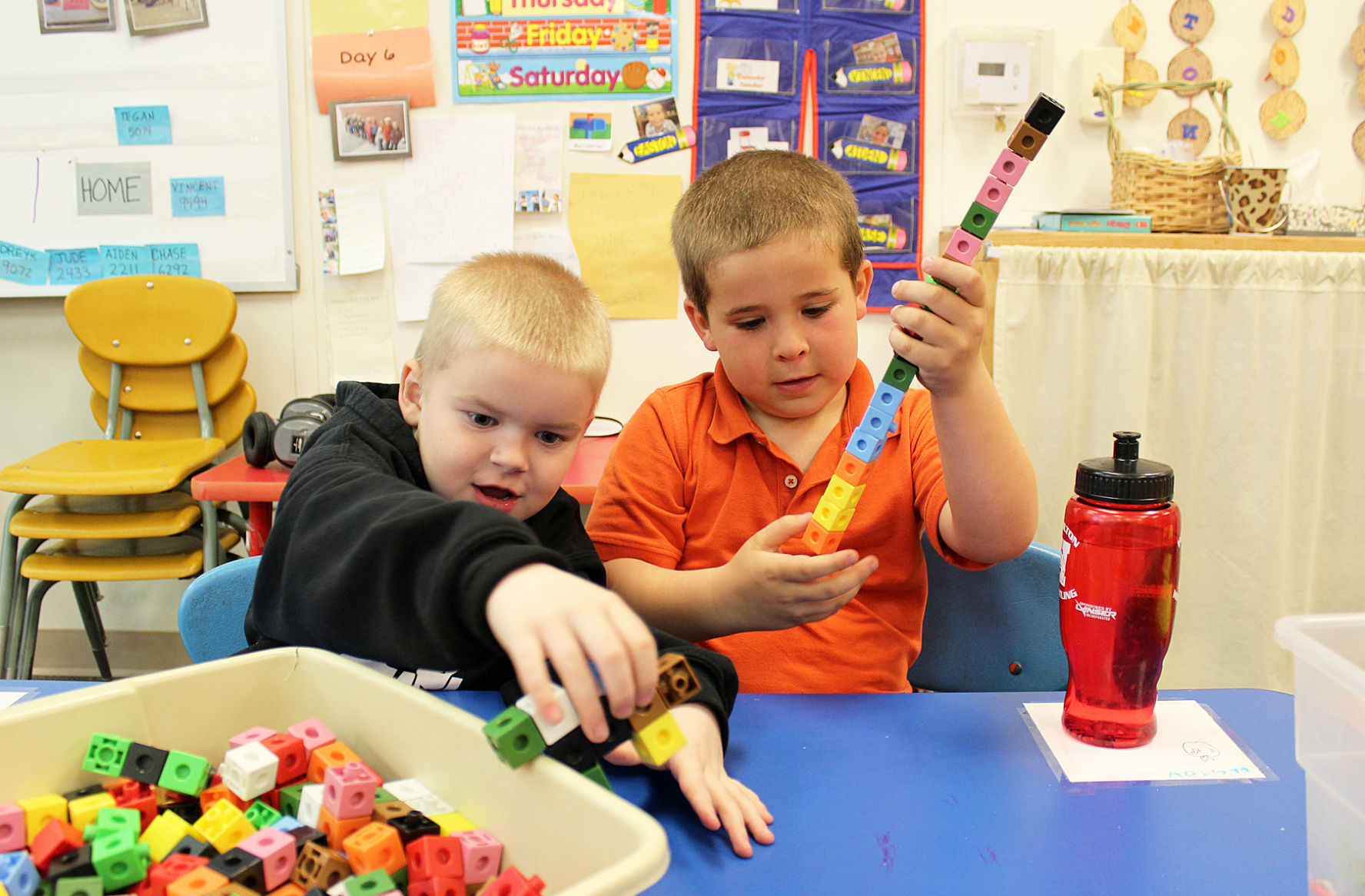

In whatever system I'm working in, I really think about disrupting inequity. I'm really thinking about what systems need to be in place to educate for the world we want to live in. I don't want to limit myself to students of color. So I think going back to grounding in my personal “why," I'm always thinking about ways to disrupt inequity, ways to support educators who are doing work with students of color. We're going to bring them back.’ And you'd be surprised how many students, even in Oakland, never get to go to the Oakland Museum, never get to go to the Chabot Space and Science Center. If no one comes back to this neighborhood with the feeling that you deserve all of these experiences, then it's easy to just close the door and say, I'm going to give you remedial reading and I'm going to give you math practice, and we're going to do some form of that all day long.Īnd sometimes we had to convince parents…’You have to let us take your kid across the bridge. You deserve to do more than just read about it. That gave me a determination-a determination to make sure that students in my classroom had fun….You deserve to do the experiment. I was teaching in my neighborhood, and I stayed there for nine years. And my school, New Highland Academy, was on 86th. It was too late to change what happened to me in my first two years on campus, but I was able to utilize campus resources enough to get to the point where I realized the problem wasn't a deficiency in my ability. Somebody actually has thought about this and written a book about this. Like, wait a minute: This is what I'm living right now.

I had been raised with positive images of African Americans and positive images of Black culture and Black history….the part that was missing for me was a real clear understanding of systems of injustice, particularly in the education system. In my junior year, when you can start exploring and taking other classes, I decided to try an education minor, which brought me into the School of Ed at UC Berkeley, where I learned about systemic injustice for the first time for real. Go talk to that person.’ And I kind of fought my way to stay. In my first and second semester, my grandmother was the voice in my head that kept encouraging me, like, ‘No, go to class. Simmons spoke with GSE News about her history at Berkeley and hopes for this new effort. In addition to extra credentials in early childhood education and experience in preschool classrooms, some of her first-hand knowledge of our youngest students comes from parenting 6-year-old Me’Shelle (read on for the adorable pics). (Berkeley's Graduate School of Education hosts and coordinates the 21CSLA State Center in partnership with UCLA Center X and the California Subject Matter Projects.) By summer, Simmons will transition from her work in Oakland to focus solely on preparing leaders to roll out Transitional Kindergarten for all of California’s 4-year-olds. She brings with her a deep commitment to equity, seeded with her own experience and expertise. She’s designing Oakland Unified School District’s Social-Emotional Learning (SEL) supports and launching the 21st Century California School Leadership Academy's (21CSLA's) Universal Prekindergarten (UPK) initiative. Aijeron “Aija” Simmons is in many places at once these days, but best of all, she's back at UC Berkeley.


 0 kommentar(er)
0 kommentar(er)
